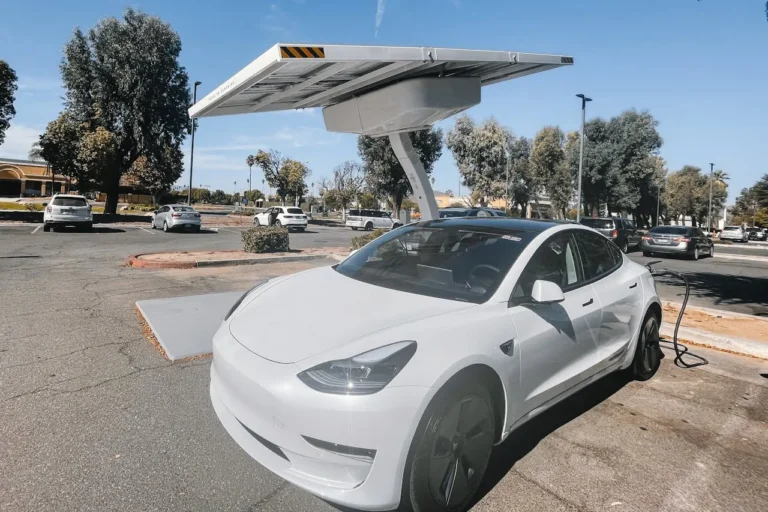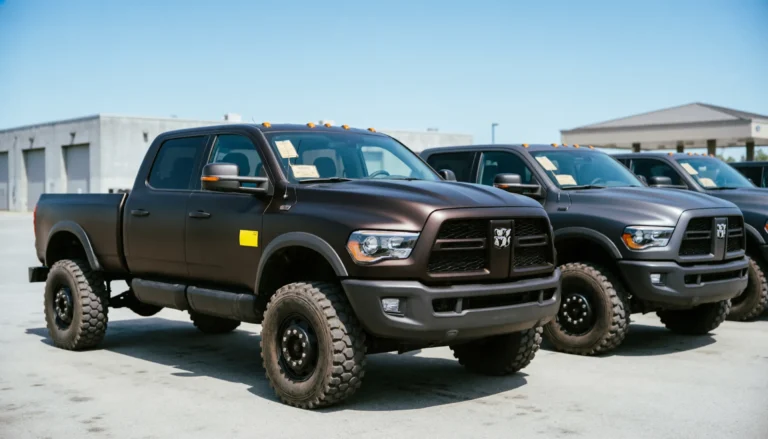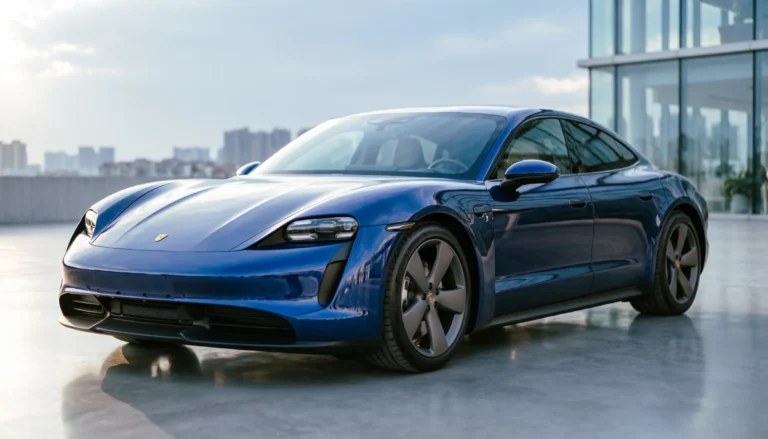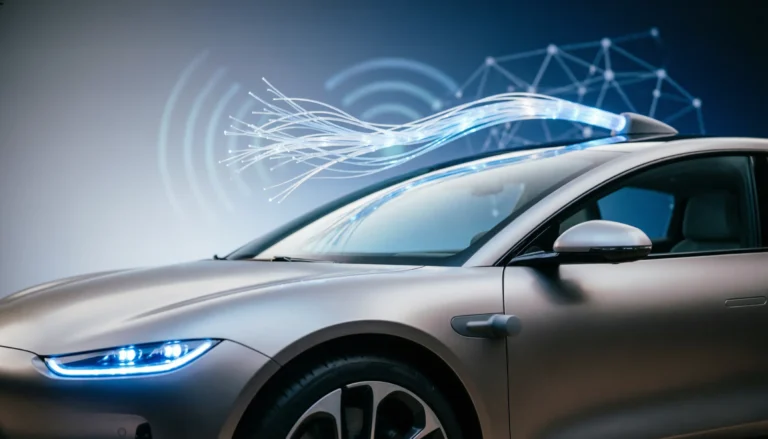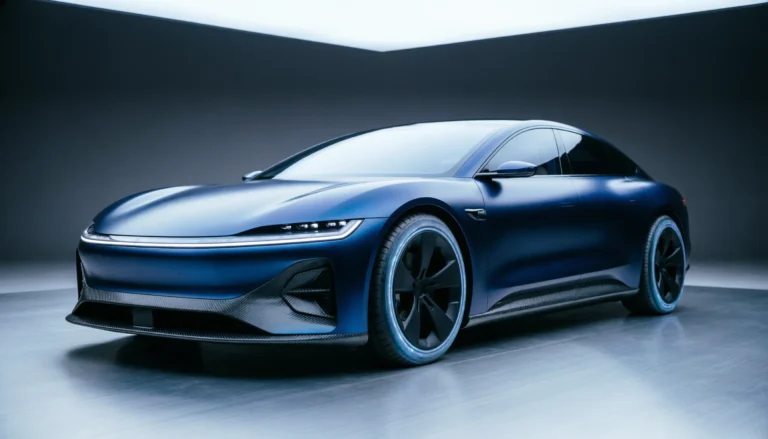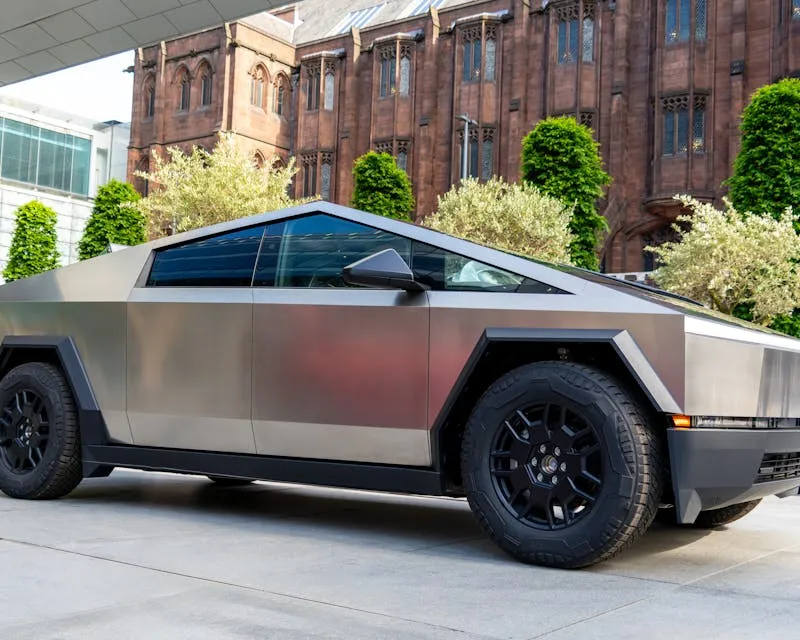
Powering America’s Commercial Transportation (PACT), a coalition dedicated to promoting the deployment of infrastructure for medium- and heavy-duty zero-emission vehicles (ZEVs), has teamed up with the Edison Electric Institute (EEI), which represents U.S. investor-owned electric companies. The two organizations recently signed a Memorandum of Understanding (MOU) to accelerate the development of affordable electric infrastructure needed for the operation of medium- and heavy-duty vehicles (MHDVs).
Under this MOU, PACT and EEI will focus on cross-sector initiatives that support the National Zero-Emission Freight Corridor Strategy. They aim to enhance grid readiness across various regions, enabling truck manufacturers and fleet operators to meet federal and state ZEV regulations. Additionally, the partnership will create and share best practices for forecasting electric MHDV charging loads, streamlining electric company processes for timely energization, and promoting state and local policies that minimize costs and deployment timelines for charging infrastructure.
PACT’s partnership with EEI is a crucial step toward realizing the benefits of a commercial zero-emission vehicle future,” said Aravind Kailas, Advanced Technology Policy Director at Volvo Group North America and a founding member of PACT. “Collaboration among vehicle manufacturers, fleets, charging developers, and electric companies is essential for a cost-effective energy transition in the trucking industry.
Phil Dion, Senior Vice President of Customer Solutions at EEI, stated, “Medium- and heavy-duty truck fleets represent a new customer segment for electric companies, and we are excited to partner with PACT to ensure their smooth integration with the energy grid. Through collaboration, we can accelerate electric vehicle adoption in the commercial sector and prepare the grid for future transportation needs.
Such partnerships are vital for promoting the adoption of electric commercial vehicles. PACT is also collaborating with organizations like the Natural Resources Defense Council (NRDC) to advance policies that facilitate the rapid and cost-effective expansion of the electric grid in several states.
This is a unifying issue for NRDC, electric utilities, vehicle manufacturers, and charging developers. We are pleased to see these groups work together to build the necessary infrastructure to achieve our clean air goals,” said Max Baumhefner, Director of EV Infrastructure at NRDC.


